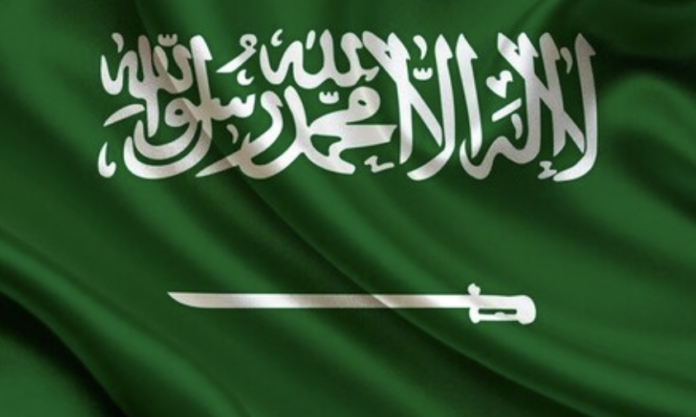Riyadh considers its capabilities in the conditions of increasing geopolitical tension. Saudi Arabia continues to study the possibility of joining Brix after receiving an invitation from the group last year. Last August, the group invited Saudi Arabia, the United Arab Emirates, Egypt, Iran, Argentina and Ethiopia to join it from January 1. Although Argentina refused in November, other countries are still considering this issue.
On January 1, it is not the final term for decision -making, and joining the group has significant economic benefits for Saudi Arabia through its trade relations with China and India. Saudi Arabia Minister, Facesal Alibrahim, has confirmed that the country continues the process of consideration of this issue.
The extension of the group can increase the economic power of BRIX, which is already consisting of China, Brazil, Russia, India and South Africa, and to strengthen the ambitions of the group to become the leader of the global south.
Saudi Arabia also evaluates its variants in the context of increasing geopolitical stresses between the US, China and Russia. Despite the close relations with the United States, the country is moving its own way, given the possible changes in Washington's approaches to the Gulf security.
"Although accession to the group is economically advantageous, the country should also consider the political consequences of this decision to relations with other great powers," - said Arab University Arab Security Analytic Hashph Hesham Alganam.
Saudi Arabia Minister at the World Economic Forum in Davos confirmed that the country has not joined Brix at the moment without clarifying the reasons. The Russian spokesman of the Kremlin, Dmitry Peskov, recognized the importance of the process of integration of Saudi Arabia into Brix.
This situation has caused anxiety in Washington, but Saudi Arabia seeks to maintain equal relations with all the great powers and refrain from sending any incorrect signals.


